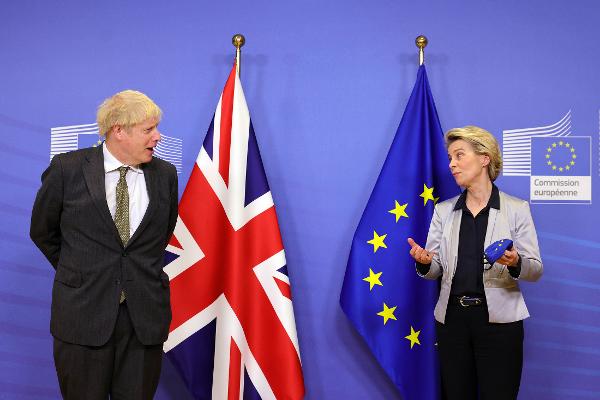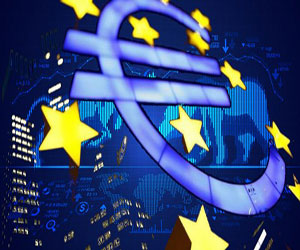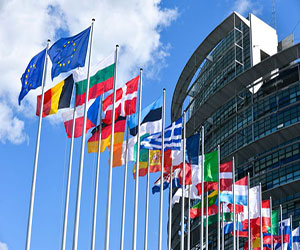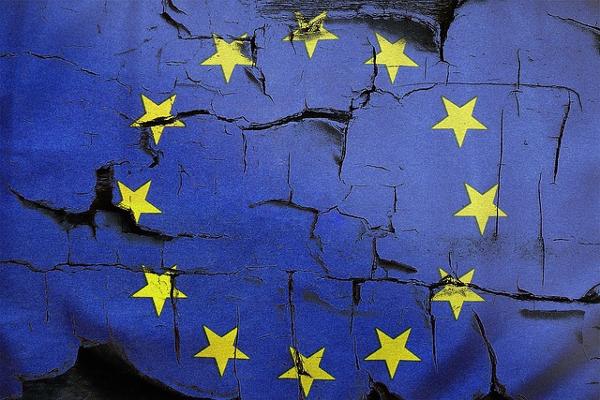There are many narratives associated with the outgoing UK Prime Minister, Boris Johnson, when it comes to the UK’s relationship with the EU. He is credited with coining the phrase and promoting the slogan ‘take back control’, which was so prominent during the referendum campaign, and the more recent ‘get Brexit done’. The simplicity of these slogans belies the difficulty of achieving divergence between the UK and the EU. In a previous post in this blog I mused over the incidence of divergence between UK and EU law as the natural consequence which would ensure from the UK side, if it is not as proactive in responding to the progression of the future direction of the EU, and/or from the EU side if it pursues a speedier path to integration. Since that post, there have been some developments which indicated the potential direction of legal divergence between UK law and EU law, notably from both sides.
Deliberate legal divergence can be seen in the legislative proposals provided in the Queen’s speech on 10 May 2022. The deliberate nature of the intention to diverge is contained in the remark, “My Government will continue to seize the opportunities of the United Kingdom’s departure from the European Union, to support economic growth. Regulations on businesses will be repealed and reformed”. Although read by the Prince of Wales, the content of the Queen’s speech in the constitutional monarchy of the UK is entirely the Government’s, and of course the Prime Minister’s, desired legislative agenda. What followed was a list of Bills which would be proposed to become UK law to facilitate this divergence, such as the aptly named Brexit Freedoms Bill to enable law inherited from the European Union to be more easily amended, the Data Reform Bill, the Financial Services and Markets Bill, the (public) Procurement Bill, and the Trade (Australia and new Zealand) Bill, to name but a few. This narrative of divergence has also been demonstrated in the currently proposed legislation on the Northern Ireland Protocol. Although it is very early days in the campaign for a new Conservative Party leader, and consequently, according to UK constitutional law, a new Prime Minister, it is currently predicted that the future of the Northern Ireland Protocol specifically and future divergence from the EU generally, may become the potential issue which splits the candidates vying to become the UK’s next Prime Minister. The future of this legislative schedule of proposals for deliberate legal divergence therefore hangs in the balance whilst the political process takes its course. It may well be that the successful candidate decides to continue to pursue this legislative agenda, but this is far from a certainty. Otherwise, there could be a reversion to the natural pattern of divergence previously anticipated.
From the perspective of EU law, there has been a definite legal consequence of the UK becoming a third country: just think about the decision of the CJEU on citizenship, which cements what was anticipated on the movement rights of UK, formerly EU, citizens. Indeed, the judgment came as no surprise and provided that the status of EU citizenship is confirmed as being dependant on the status of citizenship of a current Member State, not a previous member (now third country). As to the political narrative from the EU side, or at least the French President Emmanuel Macron, there is a proposal for a sort of reformulation of previous ideas on differentiated integration in the EU. This proposal involves core member countries and others outside the core, be that in the formation of concentric circles, or other formation, into a wider political grouping of Member States, candidate countries and third countries, potentially including the UK. It is not intended to facilitate divergence, however. Rather, it is arguably intended to provide a structural formation of States which can cooperate and maybe even integrate, at least in certain policy areas or on certain issues. On this basis, the inclusion of the UK – should it transpire that the UK is invited to join such a group and accepts the invitation – would be puzzling in light of its domestic narrative on divergence.
Whilst it is too early to confidently assess the potential next steps on the path to divergence, either in the UK or in light of the Macron proposals, it is not too early to pose some pressing questions: are we seeing agendas to facilitate full divergence, or not? If so, is it divergence in substance or form? Even if a change in political narrative accompanies a change of Prime Minister in the UK, we will need to look behind the slogans to assess if there is just an alteration in narrative or an actual substantive change in the direction of law between the UK and the EU. Similarly, we will have to assess whether the narrative from the EU on closer cooperation is actually there to give the impression of integration in order to politically obscure the divergent legal reality.
Per rimanere aggiornato sulle novità di EUblog iscriviti alla Newsletter!






















